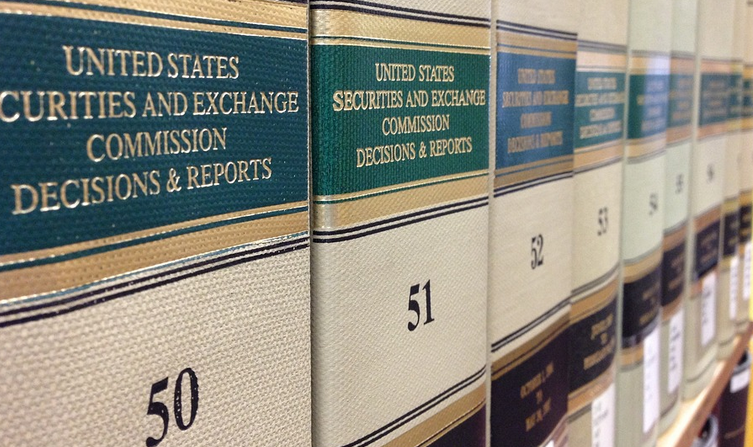A Crossword Puzzle Through the Ages
Imagine this: you’re tackling a crossword puzzle, fingers flying across the keys, when a cryptic clue hits you like a well-timed shot. A challenge that stretches your mind and throws it off balance, leaving you with a sense of accomplishment. But what if that challenge wasn’t just a mere intellectual exercise? What if it originated in a world where athleticism intertwined with spirituality, the thrill of competition fueled by devotion?
The journey is often paved with fascinating history, and for some sporting events, the narrative starts not on a field or court, but within a religious context. These events have roots that stretch back centuries, weaving together the power of sport with the sanctity of faith.
Take, for example, the “ancient” Olympic games, a spectacle that has captivated audiences and inspired athletes for millennia. Though its modern iteration is a celebration of physical prowess and international camaraderie, it’s often overlooked that the ancient Olympics were deeply rooted in religious rituals. These games weren’t merely competitions; they were an integral part of a larger religious framework where gods played key roles.
One can imagine processions through bustling city squares, with athletes adorned in elaborate attire representing different Greek deities. The games served as offerings to the gods, their victories attributed to divine favor. The concept of “winning” was not just about the thrill of competition; it was about demonstrating respect for the divine, a reminder that even physical victory is ultimately rooted in something greater.
Today, however, while modern Olympics remain an awe-inspiring spectacle, the religious element has been toned down. The focus now lies on individual athletic achievement and global unity. The ancient rituals, often lost to the annals of time, continue to whisper secrets of a bygone era.
Take another look at your crossword puzzle. You might find clues that lead you deeper into this world of connection between sport and spirituality. Think about the various cultural influences that shape modern sporting events. Consider how religious beliefs have shaped traditions, rituals, and even the very essence of sportsmanship.
The evolution of these games tells us that while human desire to compete has always been a driving force in athletics, its meaning has evolved. We crave the thrill of competition, the satisfaction of victory, but we also seek meaning and purpose. It’s this intersection between human ambition and spiritual aspirations that makes sport so captivating.
As you delve into the history of sporting events, be mindful of the diverse cultural influences that have shaped their rituals and traditions. The interplay of athleticism and faith has created a rich tapestry of stories that continues to inspire athletes, spectators, and puzzle enthusiasts alike.
So, as you finish your crossword, think about those clues that challenged you. Were they merely intellectual puzzles, or did they reveal a hidden connection between sports and the sacred? Your journey into the history of sporting events might just lead you to discover how these seemingly disparate elements are intertwined in a beautiful dance of human ambition and spiritual aspirations.


